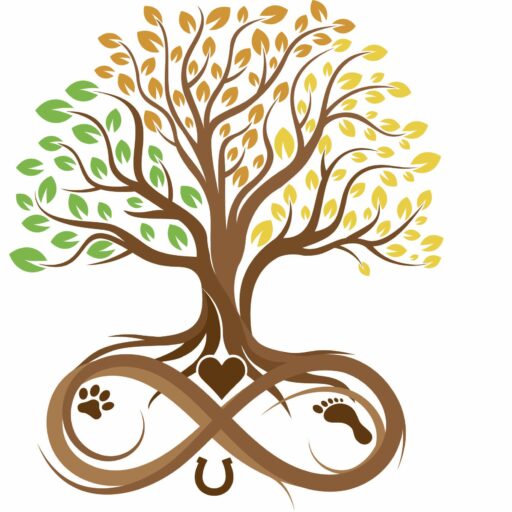Working with horses can be one of the most rewarding experiences. Many people see horses as powerful, graceful, beautiful creatures. Horses are all of those things, but they are also so much more. The interaction with a horse is something that is typically hard to put into words. Horses are intellectually and emotionally intelligent animals.

Horses can help us move in social interactions, emotional encounters, and self-awareness. Equine-assisted therapy gives us the opportunity to take therapy to a different level outside of the office. Equine Therapy (also referred to as Horse Therapy, Equine-Assisted Therapy, and Equine-Assisted Psychotherapy) is a form of experiential therapy that involves interactions between patients and horses. Equine Therapy involves activities (such as grooming, feeding, haltering and leading a horse) that are supervised by a mental health professional, often with the support of a horse professional. Both during the activity and after the patient has finished working with the horse, the equine therapist can observe and interact with the patient in order to identify behavior patterns and process thoughts and emotions.
The goal of equine therapy is to help the client develop needed skills and attributes, such as accountability, responsibility, self-confidence, problem-solving skills, and self-control. Equine therapy also provides an innovative milieu in which the therapist and the patient can identify and address a range of emotional and behavioral challenges.
What are the Benefits of Equine Therapy?
Studies have indicated that equine therapy has been successful in helping patients show marked improvements in the following areas:
- Assertiveness
- Emotional awareness
- Empathy
- Stress tolerance
- Flexibility
- Impulse control
- Problem-solving skills
- Self-actualization
- Independence
- Self-regard
- Social responsibility
- Interpersonal relationships

Many of the benefits of equine therapy are likely due to the nature of the animals with which the patient and equine therapist are interacting. Horses are typically non-judgmental, have no preconceived expectations or motives, and are highly effective at mirroring attitudes and behaviors of the humans with whom they are working.
While working with horses under the guidance and supervision of an equine therapist, equine therapy patients have a unique and effective opportunity to note their tendency to engage in self-defeating and otherwise negative thoughts and actions. These realizations provide excellent bases for discussion and processing both during and after the equine therapy experience.
